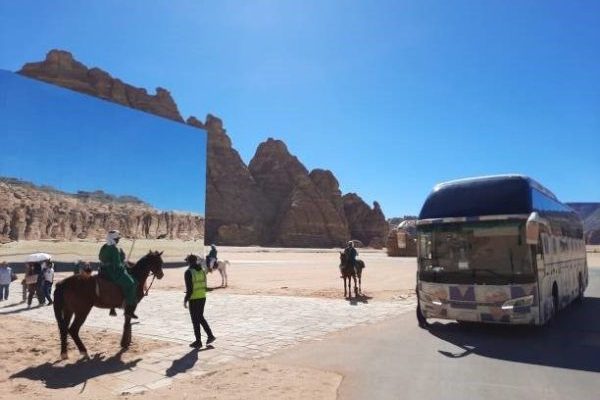The concept of ‘Tourist Experience’ is linked to the concept of ‘User Experience,’ which refers to the user’s complete journey in interacting with a product or service, the touchpoints and interactions between the user and the product or service, and how efforts are made to ensure user satisfaction at all touchpoints, so that the user experience is enjoyable, ensuring continued use of the product or service. In the context of tourism, the concept of ‘Tourist Experience’ encompasses the entire journey of the traveler, starting from the moment they begin planning their trip, through all stages of transportation, accommodation, and tourist activities, and ending with their return home, along with the memories they carry for a long time after returning. This involves reviewing every touchpoint and interaction the tourist encounters, including accommodation, transportation, tourist attractions, activities, dining, and interactions with local residents. Essentially, the tourist experience is highly personal and subjective, shaped by individual preferences, expectations, and motivations, and consists of a mosaic of sensations, emotions, and perceptions that come together to form lasting impressions and shape travelers’ perceptions of a destination. In today’s increasingly interconnected world, the tourism experience has evolved beyond merely sightseeing to include:
- Deep engagement or full absorption in the experience, which goes beyond mere passive observation and involves active and interactive participation. Immersive experiences often allow travelers to step out of their comfort zones, explore unfamiliar cultures, and gain new perspectives. This can include participating in local traditions, learning local traditional crafts, or engaging in immersive cultural exchanges. Engagement can take many forms, ranging from staying with local families in homestays to embarking on guided tours led by knowledgeable locals who provide insights into their community’s history, traditions, and way of life, offering travelers authentic and transformative experiences that enhance cultural understanding, empathy, and appreciation for the places they visit.
- Purposeful Engagement: Purposeful engagement in tourism involves creating opportunities for travelers to connect deeply with the destinations, communities, and people they encounter during their journey. It goes beyond superficial interactions, involving the establishment of genuine connections, fostering mutual respect, and creating shared experiences that leave a lasting impact on both travelers and hosts. Purposeful engagement can take various forms, such as volunteering in local environmental conservation projects, participating in cultural exchange programs, or supporting social organizations that empower local communities. The essence of purposeful engagement lies in its ability to provide travelers with opportunities to contribute positively to the places they visit, whether through cultural exchange, responsible tourism practices, or sustainable development initiatives. The trend towards engagement and purposeful participation has become an integral part of the transformative tourism experience, which tourism companies are now required to offer within their programs, ensuring travelers have opportunities to connect with the destination communities on a deeper level, gain cultural insights, and creating meaningful memories that go beyond the boundaries of traditional tourism. In this way, tourist destinations and travel companies face the challenge of innovation and adaptation to meet the evolving demands of contemporary travelers, from experiential tours and adventure activities to culinary adventures and eco-friendly accommodations, where the possibilities for enhancing the tourism experience are limitless. Moreover, in an era characterized by digital connectivity and social media, the tourism experience extends into the virtual world, where travelers share their adventures, seek inspiration, and influence the travel decisions of others. Online reviews, social media posts, and travel blogs play a pivotal role in shaping perceptions and impacting the choices of potential travelers. Ultimately, the tourism experience represents far more than just bookings, transfers, and accommodations; it is an opportunity to create moments of joy, wonder, excitement, and enjoyment that leave an indelible mark on the hearts and minds of travelers. By prioritizing sustainability and social responsibility, we can ensure that every travel experience is not only unforgettable but also meaningful, leaving a positive legacy for travelers and destinations alike.
 繁體中文
繁體中文 


Comment (0)